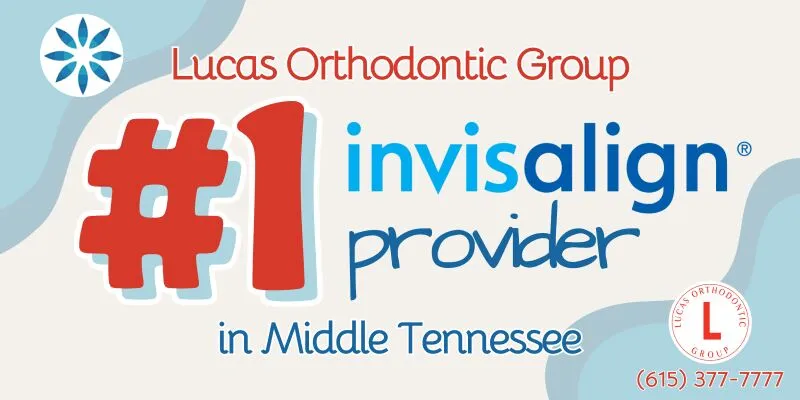What Is Invisalign®?
The modern orthodontic solution to straighten you or your teen’s smile.
Being self-conscious about your teeth can take a toll on your self-esteem and confidence. Maybe you’re avoiding orthodontic treatment because you think it can be embarrassing or time-consuming.
But, that doesn’t have to be the case anymore.
Invisalign® is one of the most popular ways to straighten teeth, without the hassle of traditional braces.
Instead of metal braces, it uses custom-made plastic aligners, which are:
- Discreet: It’s almost invisible to the naked eye
- Removable: Eat what you want, when you want
- Low maintenance: They require less time at the office when compared to braces
The best thing about Invisalign is that it’s perfect for teens and adults who have all of their permanent teeth in and meet the requirements of being a candidate.
If you’re ready to straighten your teeth without unsightly metal, contact our Belle Meade Invisalign orthodontists to learn more about Invisalign and Invisalign Express today.
Having trouble viewing this video? Watch it on YouTube.
